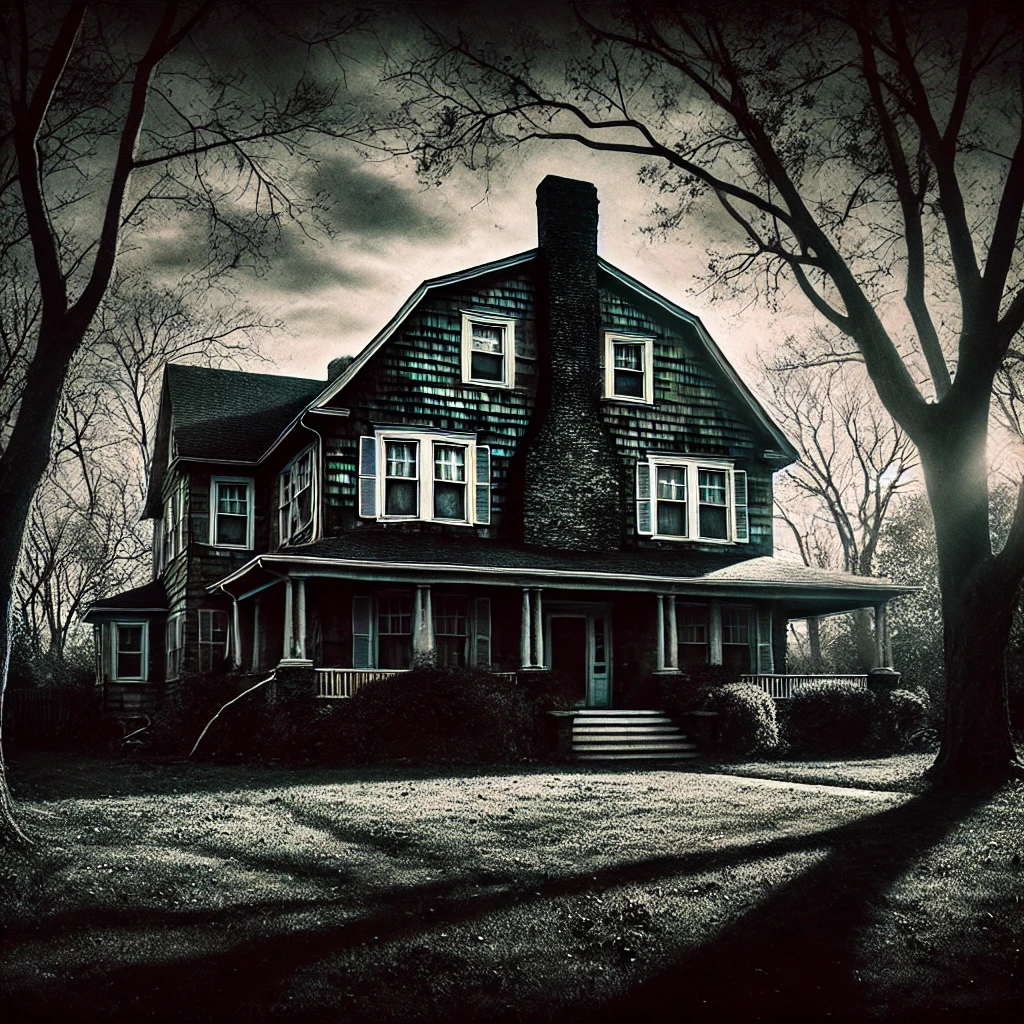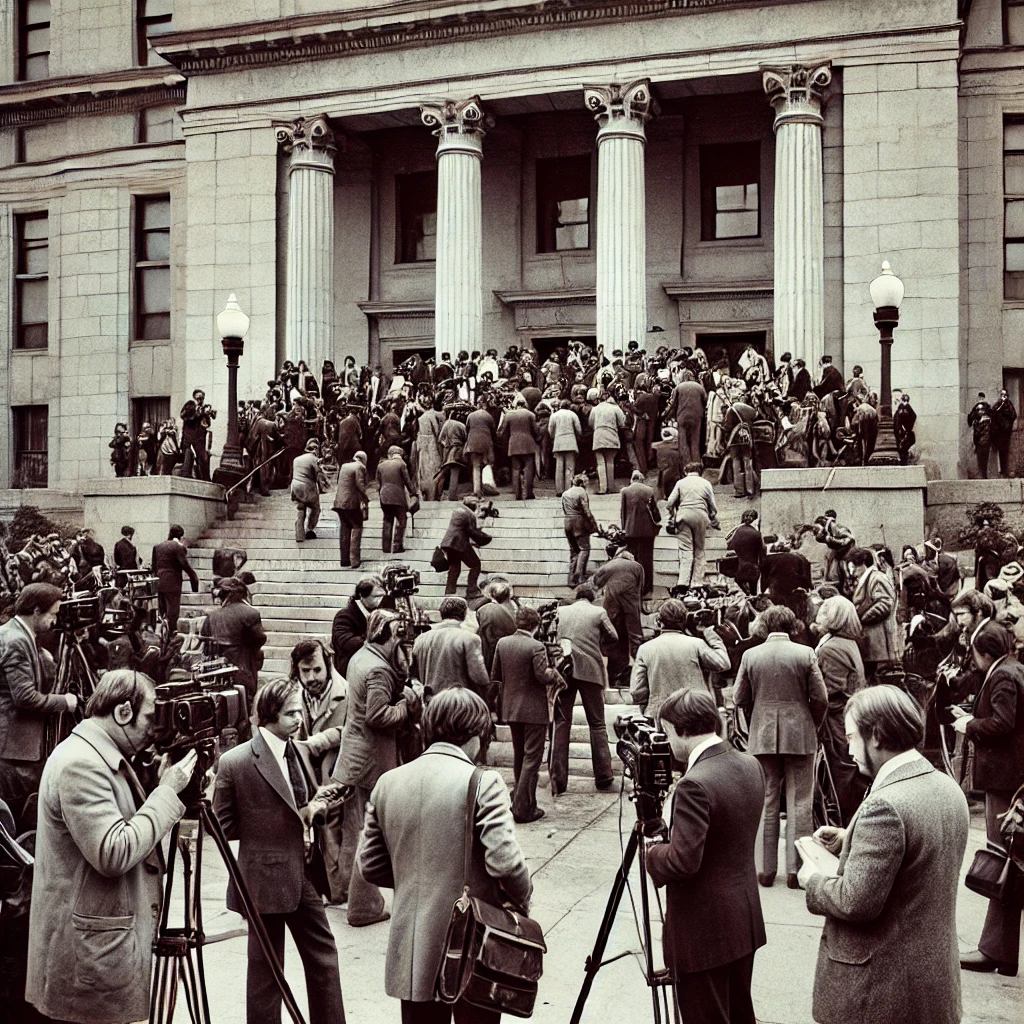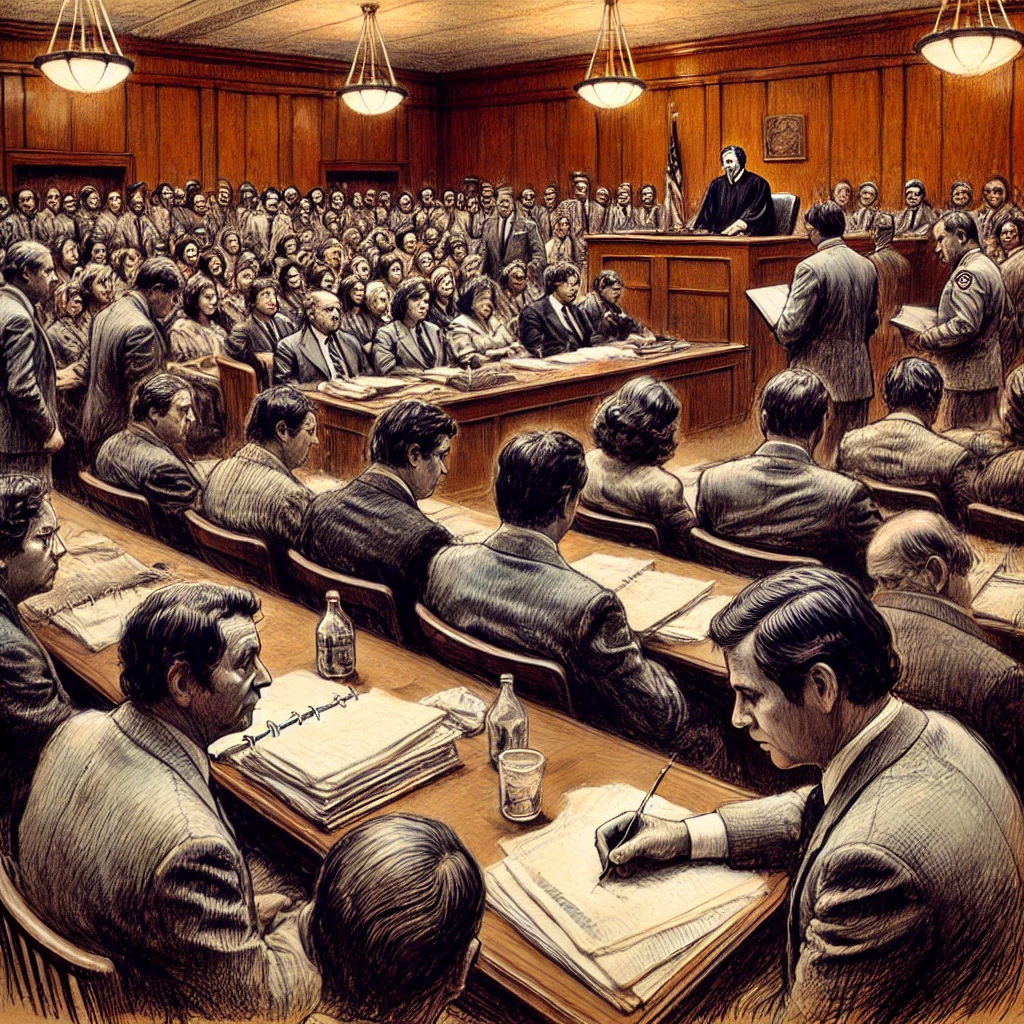On October 14, 1975, the trial began for Ronald DeFeo Jr., the man accused of murdering six members of his family in the infamous Amityville murders. The tragic event, which took place on the night of November 13, 1974, shocked the nation and sparked widespread media coverage, ultimately becoming a focal point for discussions around crime, mental health, and the subsequent haunting claims that surrounded the Amityville house. The trial brought renewed attention to the case, forever etching the DeFeo family tragedy into American folklore.

The Murders
The Amityville murders occurred in the small town of Amityville, New York, when Ronald DeFeo Jr., a 23-year-old man, shot and killed his parents, two brothers, and two sisters while they slept in their home. The brutal nature of the crime, in which all six victims were found face down in their beds, sent shockwaves through the community. DeFeo claimed that he was possessed by voices that urged him to commit the murders, a narrative that would later play a significant role in the trial and the ensuing media frenzy.
Upon discovering the crime, local authorities swiftly apprehended DeFeo, who initially attempted to deflect blame onto others before confessing to the murders. His confession detailed a chaotic night filled with drug use and violence. As the investigation unfolded, it became apparent that DeFeo’s troubled history and mental health issues were critical factors in understanding the horrific events.

The Trial
As the trial commenced in October 1975, the courtroom was filled with reporters, onlookers, and family members eager to see justice served. DeFeo’s defense team sought to argue that he was not guilty by reason of insanity, emphasizing his psychological struggles and the claim that he was under the influence of a malevolent force during the murders. The prosecution, on the other hand, aimed to portray DeFeo as a cold-blooded killer who acted out of greed and a desire to eliminate his family.
The trial was highly publicized, attracting national attention and leading to sensationalized coverage that often overshadowed the tragedy of the victims. Testimonies from family members, friends, and mental health experts were presented, offering insight into DeFeo’s psyche and family dynamics. Ultimately, the case became a media spectacle, contributing to the mythos surrounding the Amityville house and the events that transpired there.
Verdict and Aftermath
On November 21, 1975, after a lengthy trial, Ronald DeFeo Jr. was found guilty of second-degree murder. He was sentenced to 25 years to life in prison, and the verdict marked a significant moment in the ongoing saga of the Amityville murders. The case did not end with the trial; instead, it set the stage for a series of paranormal claims associated with the house that had once been the DeFeo family residence.

Shortly after the murders, the Amityville house was purchased by the Lutz family, who claimed to experience supernatural occurrences and hauntings. Their story became the basis for the best-selling book The Amityville Horror, which was later adapted into several films. The combination of the grisly murders and the subsequent claims of haunting ensured that the Amityville case remained in the public eye for decades.
Cultural Impact
The Amityville murders and the subsequent trial had a profound impact on popular culture, spawning numerous books, films, and documentaries that sought to explore the mystery surrounding the events. The story tapped into the American fascination with true crime and the supernatural, blending elements of horror with real-life tragedy. As a result, the Amityville saga became a staple of horror lore, with the house itself becoming an iconic symbol of fear and mystery.
The trial of Ronald DeFeo Jr. for the Amityville murders, which began on October 14, 1975, serves as a haunting reminder of the complexities of human behavior and the tragic consequences of violence. The case not only resulted in a conviction but also led to a broader cultural phenomenon that continues to capture the imagination of audiences worldwide. As we reflect on the events surrounding the Amityville murders, we acknowledge the profound impact of tragedy on families and communities, as well as the ongoing fascination with the intersection of crime and the supernatural. The legacy of the Amityville case endures, a chilling testament to the darker sides of human nature and the stories that emerge from unimaginable horror.
